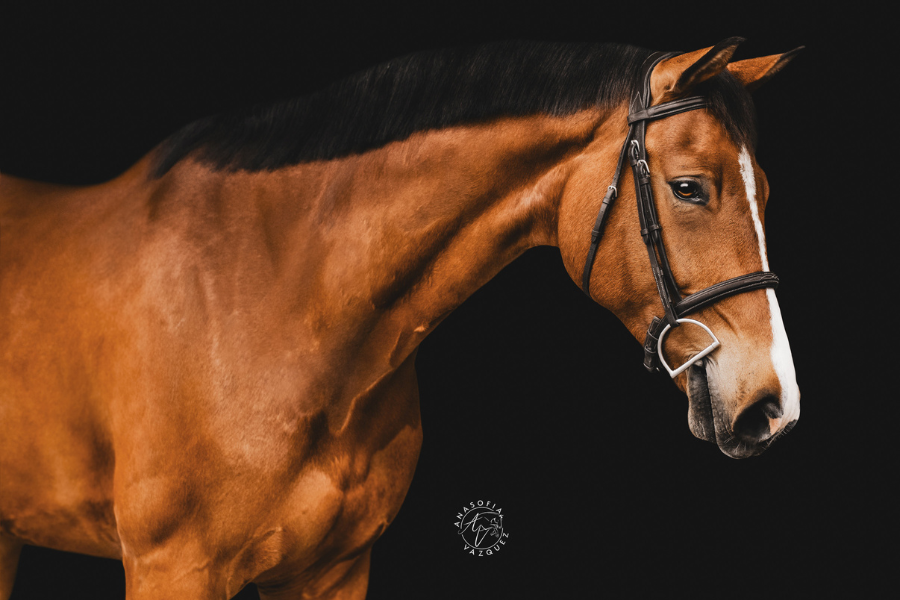10 Things You Need to Know When Buying a Horse

Buying a horse is one of the most exciting—and important—decisions you’ll ever make in your equestrian journey. Whether you’re searching for your first partner or adding another mount to your string, it’s more than just picking a pretty face. The right horse will be your teammate, teacher, and friend for years to come.
Here are 10 key things you need to know before you sign that bill of sale:
1. Be Honest About Your Riding Goals
Before you even start shopping, get clear on why you’re buying a horse. Are you aiming for local shows, trail riding, upper-level competition, or just enjoying time at the barn? Your riding goals will determine the breed, training level, and temperament you need.
2. Consider Your Experience Level
It’s tempting to buy the flashy young horse with endless potential, but if you’re still developing your skills, you’ll likely be happier—and safer—with a seasoned, reliable partner. Remember: a “been there, done that” horse can be worth its weight in gold.
3. Set a Realistic Budget
Your budget shouldn’t only include the purchase price. Horses come with ongoing costs like board, farrier work, veterinary care, tack, insurance, and training. Make sure you can comfortably manage these expenses before you buy.
4. Look for the Right Temperament
A horse’s mind is just as important as its movement. Consider if you want a quiet, confidence-building type or a more sensitive, forward ride. Spend time handling and riding the horse in different settings to get a feel for its personality.
5. Always Schedule a Pre-Purchase Exam (PPE)
A veterinarian’s pre-purchase exam can uncover health or soundness issues that may not be obvious. Even if the horse looks perfect, a PPE is your best safeguard against unexpected problems down the road.
6. Test in Multiple Environments
A horse might feel great in its home arena but be a completely different ride at a new location. If possible, try riding at a show, trail, or unfamiliar facility before you commit.
7. Involve Your Trainer or an Experienced Horseperson
Having a knowledgeable second opinion is invaluable. They can spot red flags you might miss and help negotiate on your behalf.
8. Don’t Rush the Process
Falling in love is easy—walking away can be hard. Take your time, ask questions, and don’t feel pressured into buying if something doesn’t feel right. The right horse is worth the wait.
9. Check the Horse’s History
Ask about show records, veterinary history, and training background. Videos, past competition results, and conversations with former owners or trainers can provide valuable insight.
10. Trust Your Gut
Sometimes, everything checks out on paper, but the connection just isn’t there. And sometimes, you meet a horse and know instantly it’s the right match. Listen to that instinct—it’s a big part of building a lasting partnership.
Final Thoughts
Buying a horse is both thrilling and serious. By taking the time to match your goals, skills, and budget with the right equine partner, you’re setting yourself up for years of success and joy. Remember: you’re not just buying a horse—you’re choosing a teammate who will shape your riding journey.
